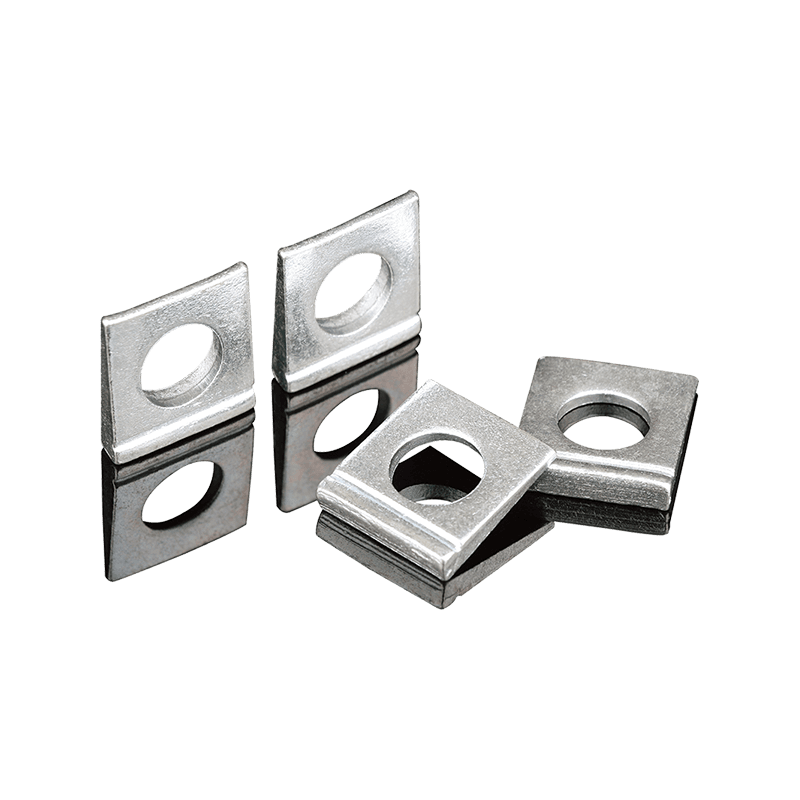The Flat Washer is the most common type of washer used with bolts, screws and nuts. It is a circular metal plate with a hole in the middle that is sized to the size of the bolt, screw or nut to which it will be attached. Washers can be made of a variety of materials such as aluminum, brass, nylon and stainless steel. They can also be surface treated to improve machinability and resist corrosion. They are available in many different sizes, shapes and finishes to accommodate a wide range of uses.
The purpose of a washer is to distribute the load of the threaded fastener evenly across the bearing surfaces of the joint. Without a washer, the compressive forces of the bolt head and nut will be concentrated on a small area directly beneath the head. The washer absorbs these forces and spreads them out, which prevents the nut or screw from damaging the joint’s bearing surface and avoids loosening over time due to vibrations.
When choosing a washer, it’s important to know the difference between the various types. Flat and spring washers are often used interchangeably, but they are very different from each other. Flat washers are circular, while spring washers are coiled to create a spring-like effect when clamped down. Identifying these differences can help you choose the correct washer for your application.
A flat washer is typically a metallic washer that sits snugly underneath the fastener head to cushion and distribute the force of the fastener. A washer can also be made from nonmetallic materials such as plastic or a soft material such as cork or a fibre sheet. A washer can be machined from a wide variety of materials using an automatic or manual press. It can also be formed by molding.
There are many types of flat washers, each with its own unique characteristics and applications. For example, fender washers are thicker than flat washers and have a larger outside diameter than their inside diameter. This makes them ideal for working with oversized or irregularly shaped holes and for use with soft materials that could benefit from increased support.
Other types of flat washers include countersunk and shoulder washers. Shoulder washers have a "C" sort of shape and are commonly used for insulating electrical wires. They can be made of nylon, PCTFE, PTFE or other nonmetallic materials. A countersunk washer has a rounded hole that is molded into the top of the washer to provide a smooth, recessed surface for countersunk screws. A countersunk washer can protect the screw or bolt head from being damaged by a hammer during installation. A recessed washer can also be used as a spacer in some applications.

